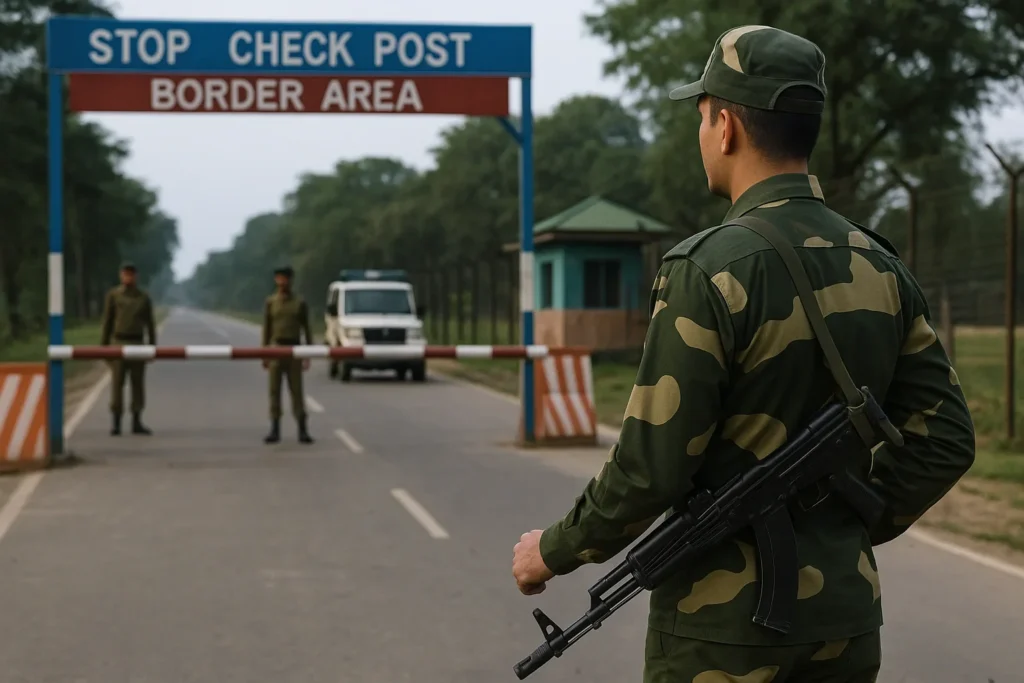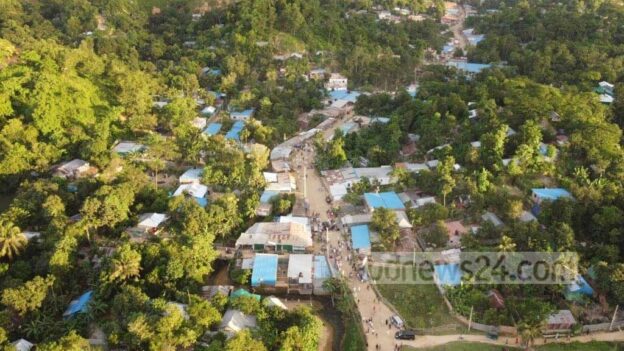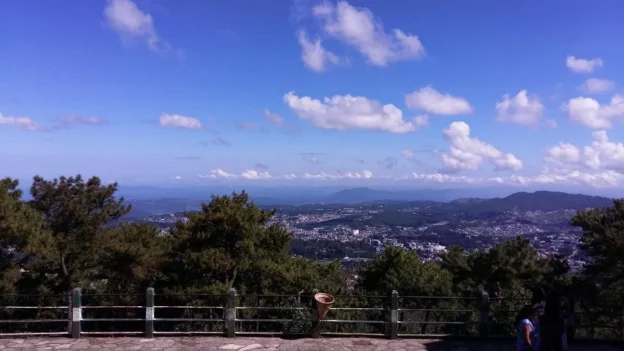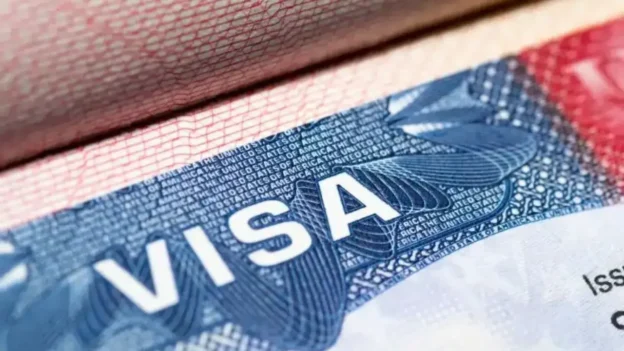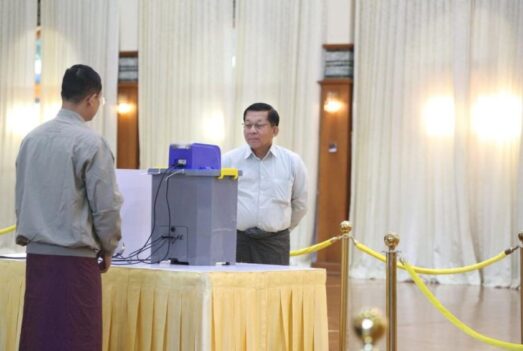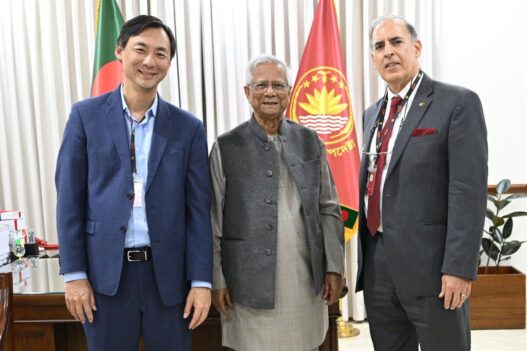As the Election Commission of India begins the Special Intensive Revision of Electoral Rolls (SIR) in Assam and West Bengal, civil society groups in Meghalaya have urged the state government to remain alert to possible movements of people whose citizenship status comes under scrutiny.
They emphasise that their concerns stem from practical considerations linked to Meghalaya’s long international and inter-state borders, and should not be interpreted as attempts to create fear or target any group.
The revision process, which includes re-verification of voter details, has triggered anxieties in the region because of parallel efforts in Assam to identify individuals considered to be doubtful voters or non-Indians.
In some cases, Assam’s reported move to implement a law requiring certain persons declared foreigners to leave the state within 24 hours has further intensified uncertainty in border-sharing areas.
Within this backdrop, the President of the Hynniewtrep Youth Council (HYC) and Chairman of the Confederation of Meghalaya Social Organisation (CoMSO), Roy Kupar Synrem, urged the Meghalaya Government to be vigilant.
He noted that the situation in Assam indicates an ongoing effort to locate and enlist people whose Indian citizenship is “not confirmed,” and cautioned that some might attempt to enter Meghalaya if they are expelled from Assam or West Bengal.
CoMSO expressed that Meghalaya, lacking the same protective legislative mechanisms as some neighbouring states, could become an easy destination for such individuals.
The organisation therefore urged the state to monitor entry and exit points carefully and ensure that people entering the state are carrying proper documents.
Synrem added that instructions should be issued to Deputy Commissioners, Superintendents of Police and border authorities so they can ensure that those entering Meghalaya are not individuals affected by the SIR process.
He also stressed the importance of coordination with Assam and West Bengal to prevent the relocation of those who are found ineligible during the revision exercise.
In the political sector, the SIR has triggered sharp reactions in West Bengal, where the Trinamool Congress (TMC) has accused the Election Commission of enabling a process that could unjustly exclude valid voters.
The party has warned of legal action and claimed that the SIR is creating confusion, with some names missing or mismatched in draft rolls.
TMC leaders in Bengal have labelled the exercise “silent invisible rigging,” arguing that the revision could disproportionately affect minorities and marginalised communities.
While the issue has drawn significant outrage in Kolkata, the TMC unit in Meghalaya has not yet reacted to the concerns expressed by HYC or CoMSO, or to the implications of the SIR for the state.
Responding to the developments, Meghalaya’s Law Minister Lahkmen Rymbui said that given the state’s borders — over 442 km with Bangladesh and more than 800 km with Assam — vigilance remains essential.
He described Meghalaya as “a paradise where everyone wants to come and settle,” and emphasised the role of the public and Dorbar Shnong (traditional village councils) in reporting suspicious movements or potential illegal migrants.
Rymbui said there is unconfirmed news of “reverse migration” in West Bengal’s border areas, where some individuals are reportedly turning back towards Bangladesh as verification tightens.
He stressed that the SIR is intended to ensure that illegal migrants or outsiders do not take refuge in the country.
The Minister also highlighted existing protective mechanisms in Meghalaya, including the Autonomous District Councils, land transfer laws, the Meghalaya Residents Safety and Security Act (MRSSA), and labour regulations.
He said that strict implementation, combined with cooperation between civil society and law-enforcing agencies, is needed to manage emerging risks.
In East Khasi Hills, as part of efforts to counter risks linked to illegal entry from Bangladesh, District Magistrate R.M. Kurbah, IAS, has imposed a night curfew from 8 PM to 6 AM within one kilometre of the Zero Line.
The order, issued under Section 163 of the Bharatiya Nagarik Suraksha Sanhita (BNSS), will remain in effect for two months, given the vulnerability of the border during nighttime hours.
Across the region, the unfolding SIR process has become more than a technical electoral exercise.
It now intersects with political contestation, questions of citizenship, and the responsibilities of border states like Meghalaya — which must balance vigilance with rights, sensitivities and ground realities.
Meghalaya’s civil society organisations and government officials both agree that careful monitoring is necessary.
Yet they also underline that any response must avoid stoking panic and instead focus on procedural clarity, lawful verification, and cooperation with neighbouring states as the situation continues to evolve.

